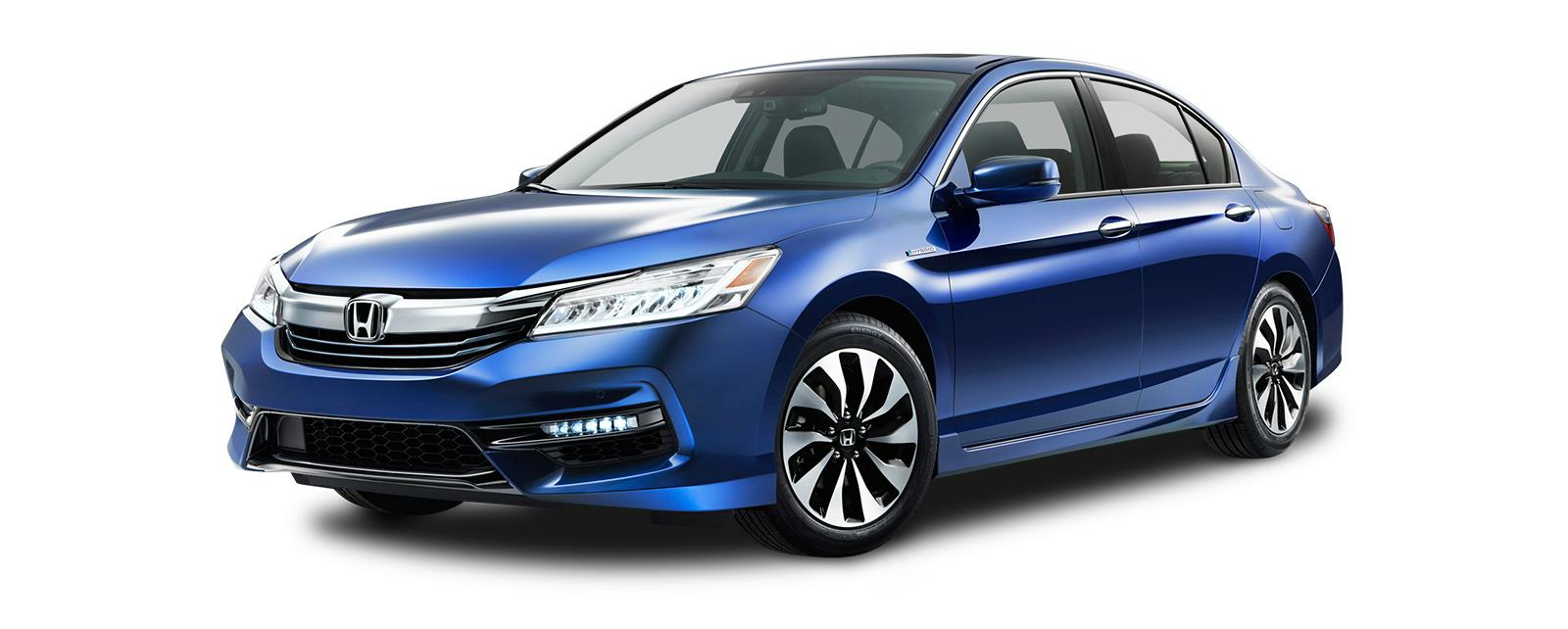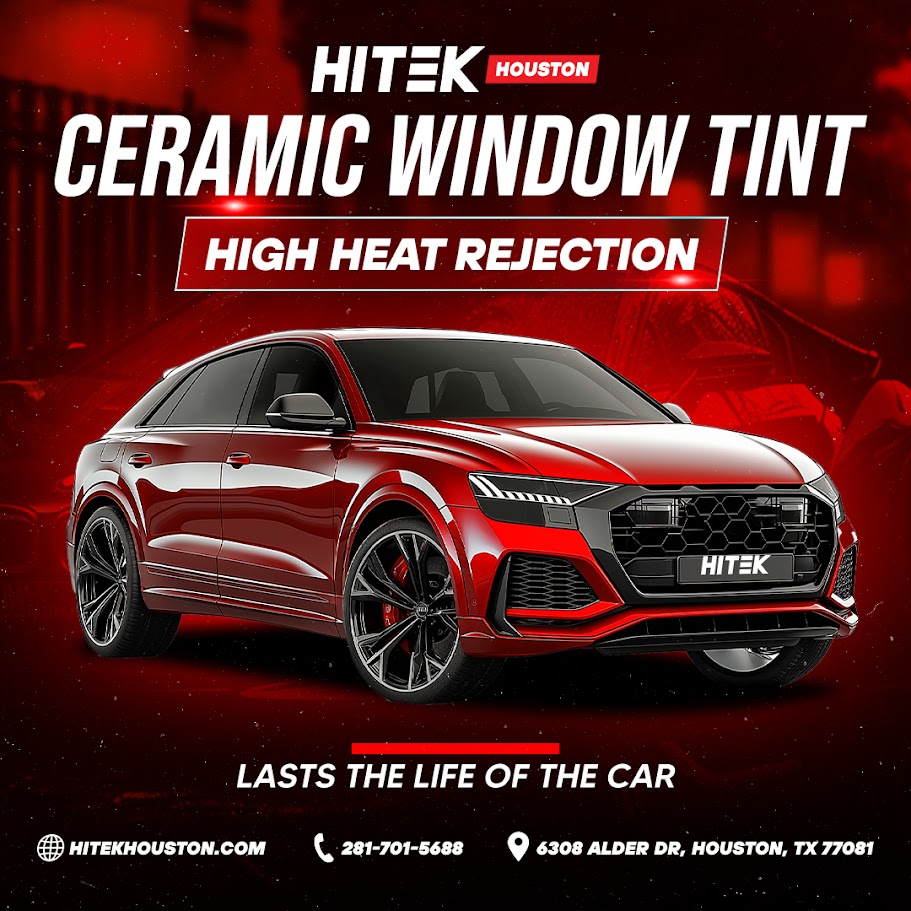- Home
- Services
- Cities
- Atlanta
- Austin
- Baltimore
- Baton Rouge
- Boston
- Charleston
- Charlotte
- Chicago
- Cincinnati
- Cleveland
- Columbus
- Dallas
- Denver
- Detroit
- Houston
- Jacksonville
- Kansas City
- Lafayette
- Las Vegas
- Los Angeles
- Louisville
- Memphis
- Miami
- Milwaukee
- Minneapolis
- Nashville
- New Orleans
- New York
- Oklahoma City
- Orlando
- Pensacola
- Philadelphia
- Phoenix
- Pittsburgh
- Portland
- Salt Lake City
- San Antonio
- San Diego
- San Francisco
- San Jose
- Seattle
- St. Louis
- Tallahassee
- Tampa
- Shop
- Pages
- Contact
- Home
- Services
- Cities
- Atlanta
- Austin
- Baltimore
- Baton Rouge
- Boston
- Charleston
- Charlotte
- Chicago
- Cincinnati
- Cleveland
- Columbus
- Dallas
- Denver
- Detroit
- Houston
- Jacksonville
- Kansas City
- Lafayette
- Las Vegas
- Los Angeles
- Louisville
- Memphis
- Miami
- Milwaukee
- Minneapolis
- Nashville
- New Orleans
- New York
- Oklahoma City
- Orlando
- Pensacola
- Philadelphia
- Phoenix
- Pittsburgh
- Portland
- Salt Lake City
- San Antonio
- San Diego
- San Francisco
- San Jose
- Seattle
- St. Louis
- Tallahassee
- Tampa
- Shop
- Pages
- Contact
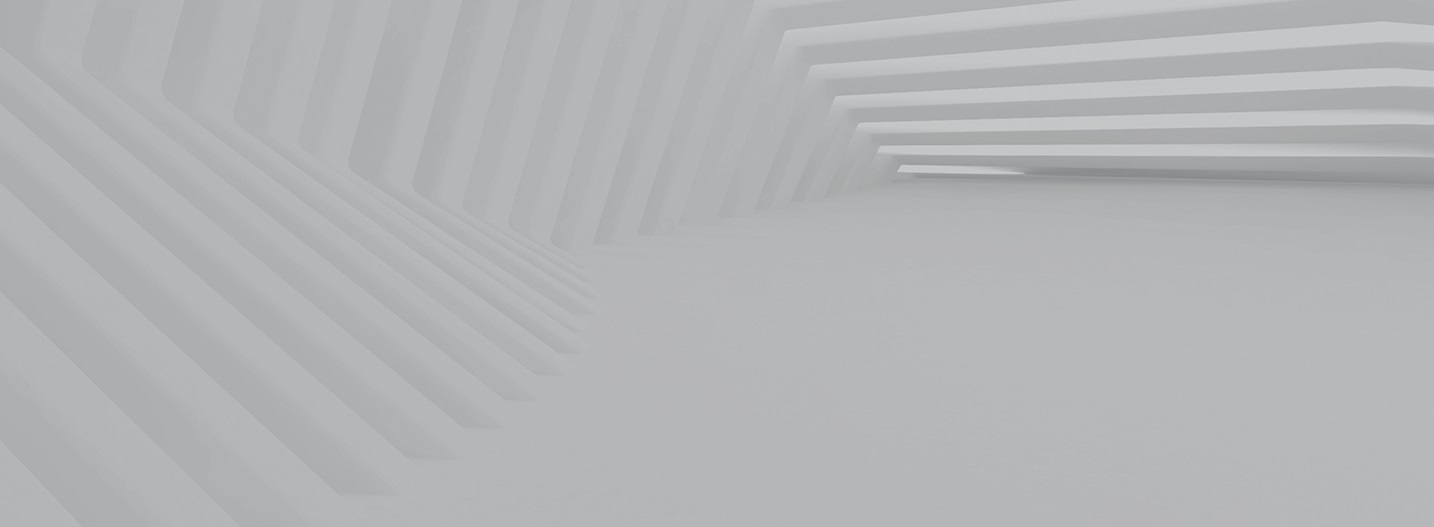
Top Technicians for Professional Installation and
Protection
Looking to give your car a little extra attitude? Or maybe you're concerned about sun degradation on your leather, upholstery, and darker-colored interior accents. Either way, window tinting is a great solution - and our shop can provide professional installers to come to you, or schedule a visit at their shop.
Book Now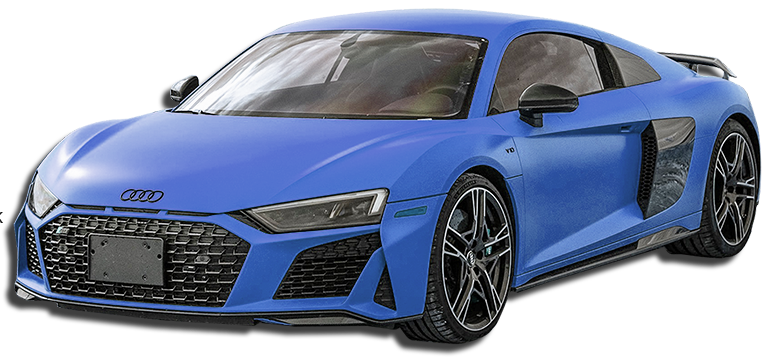
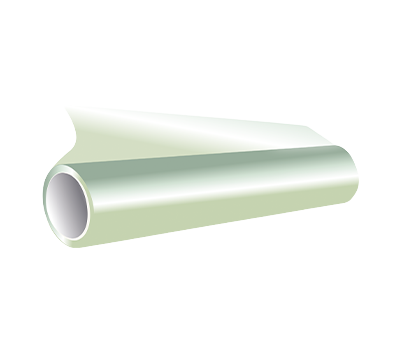
Ceramic
Ceramic film provides you with excellent results and is widely considered to be the best overall option. Embedded with advanced nonconductive ceramic particles, this film rejects heat and UV radiation while maintaining maximum visibility. Combined with shatter-proof qualities and tested durability, this makes ceramic film a stellar option for both safety and performance.
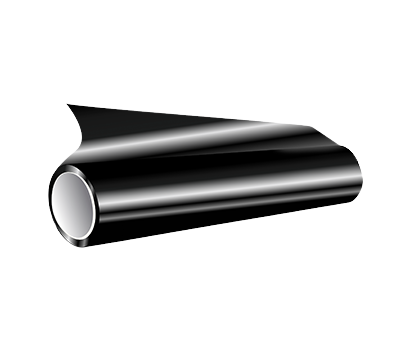
Dyed
For visually stunning aesthetic results, dyed film is often the best choice. Its dark, matte appearance will provide your car with undeniable style, and the relatively low cost of dyed tint makes it a solid budget option. It also offers considerable solar heat absorption to keep your cabin cool and comfortable.

Carbon
Carbon film is considered an upgraded form of metalized film. As the name suggests, carbon molecules are embedded into the film. This offers higher degrees of heat rejection compared to metalized film. It also has the benefit of causing zero radio/wireless signal interference, which can be an issue with metalized films. Finally, carbon film features a unique matte finish that many car enthusiasts love.

Hybrid
Hybrid film combines elements of both dyed and metalized films. This involves an initial adhesive layer, a layer that is both dyed and metallic, and a final protective layer. The end result is a dark, aesthetically pleasing film that blocks considerable light. Hybrid films are often misunderstood, as they can provide excellent heat rejection without being as dark as other films. Essentially, hybrid films give you the “best of both worlds,” combining the benefits of both metalized and dyed options without any of their negative aspects. For these reasons, hybrid film is generally considered one of the best-performing products on the market.

Metalized
Metalized film is thicker and includes an adhesive base layer, a treated layer that blocks UV radiation, and a topcoat that protects against nicks and scratches. Choose metalized film if you want a durable, shatter-resistant option with excellent heat rejection and an attractive shiny finish.
| LONGEVITY | Avg TSER | Low End | Mid Range | High End | |
| Ceramic | low-end 1-2 years High end 10-15+ years |
Highest | $99 - $250 | $150 - $450 | $250 - $750+ |
| Carbon | Low end 1-2 years High end 5-12+ years |
Med-High | $99 - $250 | $150 - $450 | $250 - $750+ |
| Dyed | Low end .6-1 year High end 5-10+ years |
Low-Med | $99 - $250 | $150 - $450 | $250 - $750+ |
| Hybrid | Low end 1-3 years High end 5-10+ years |
Med-High | $99 - $250 | $150 - $450 | $250 - $750+ |
| Metalized | 1-3 years High end 5-10+ years |
Med-High | $99 - $250 | $150 - $450 | $250 - $750+ |
Automotive window film shades
Car moves around as you click through the shades, Just and Example
